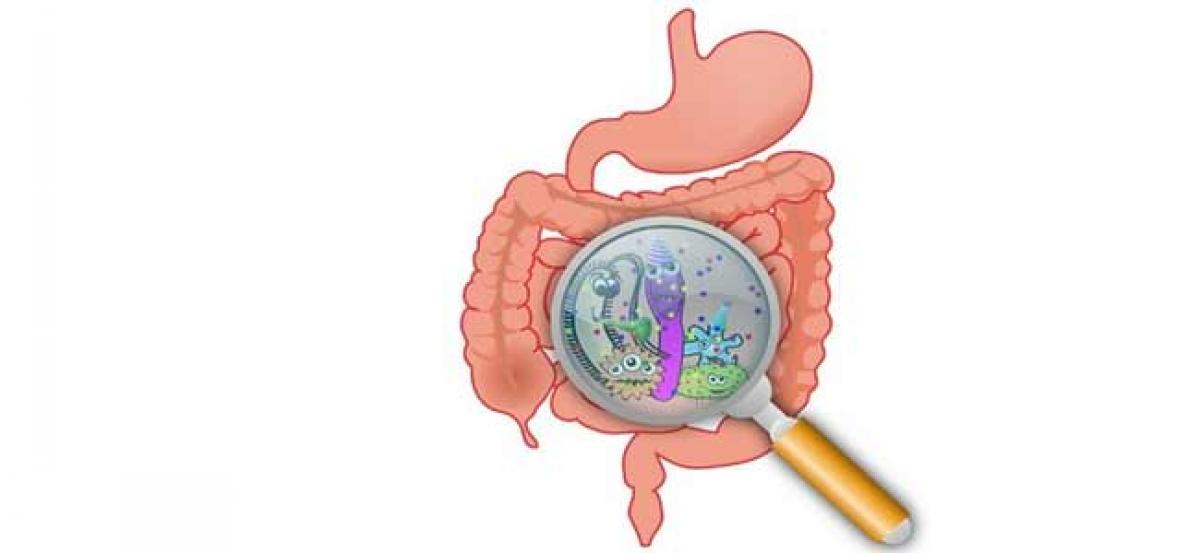First gut bacteria may fight chronic diseases better

First gut bacteria may have a lasting effect on the ability to fight chronic diseases, according to a new study
Washington D.C. [USA]: First gut bacteria may have a lasting effect on the ability to fight chronic diseases, according to a new study.
The new research shows that the first bacteria introduced into the gut has a lasting impact allowing science to adjust microbiomes to help ward off serious chronic diseases.
Findings by U of A microbial ecologist Jens Walter and his colleagues suggest differences in our microbial makeup likely depend on when we acquire our first microorganisms after birth and the order they arrive in our gut has a lasting impact on how the microbiome looks when we grow up.
"The discovery sheds new light on how these microbiomes, which are as personal as fingerprints, establish themselves and what drives their unique nature. That's key to figuring out how to change our microbiomes for the better," said Walter.
In the study, researchers introduced distinct microbial communities, collected one at a time, from adult mice into the gastrointestinal tracts of young, genetically identical mice. The results showed that the microbiome in the adults was more similar to the microbiome introduced first.
Even using a cocktail of four different bacteria, the researchers repeatedly found that the first microbes showed the highest level of persistence and the strongest influence on how the gut microbiome developed.
The discovery about timing brings scientists one step closer to understanding how microbiomes might become disrupted- for example, through cesarean section birth or antibiotic use which is then more likely to predispose us to chronic diseases, and how to potentially address that.
Poor gut health has been linked to obesity, Type 2 diabetes, heart disease, inflammatory bowel disease, colon cancer, neurological disorders, autism, and allergies.
Walter added, "Having long-term persistence of microbes when they colonize in the gut early in life means that a health-promoting biome could potentially be established by introducing beneficial bacteria straight after birth."
The full study is presented in the journal- eLife.









